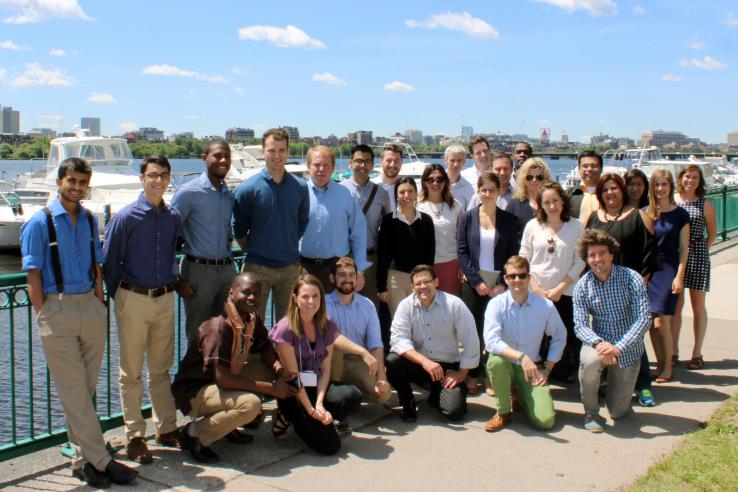J-PAL Global Executive Education 2016, Cambridge MA

J-PAL Global is organizing an annual Executive Education course at the Massachusetts Institute of Technology in Cambridge, MA.
Program Objectives
This five-day course provides participants a thorough understanding of randomized evaluations and a pragmatic step-by-step guidance on conducting one’s own evaluation. It focuses on the benefits and methods of randomization, choosing an appropriate sample size, and common threats and pitfalls to the validity of the experiment. It also covers the importance of a needs assessment, measuring outcomes effectively, quality control, and monitoring—tools that are critical for both randomized and non-randomized evaluations alike.
Program Focus
The following key questions and concepts are covered:
- What is an evaluation?
- Why and when is a rigorous evaluation of social impact needed?
- The common pitfalls of evaluations, and why does randomization help.
- The key components of a good randomized evaluation design.
- Alternative techniques for incorporating randomization into project design.
- How do you determine the appropriate sample size, measure outcomes, and manage data?
- Guarding against threats that may undermine the integrity of the results.
- Techniques for the analysis and interpretation of results.
- How to maximize policy impact and test external validity.
- Understanding and using the Theory of Change framework.
Target Audience
This course is designed for managers and researchers from NGOs, governments, international development organizations, and foundations from around the world, as well as trained economists looking to retool.
Key Information
| Dates: | 13 – 17 June 2016 |
| Location: | Massachusetts Institute of Technology Cambridge, MA United States |
| Contact: | Tom Bangura; [email protected] |
Lecture 1: What is Evaluation
Marc Shotland, Director of Research and Training, J-PAL Global MIT, MA.
Presentation slides
Video
Lecture 2: Outcomes, Impact, and Indicators
Kelsey Jack, Assistant Professor, Tufts University, MA.
Presentation slides
Video
Lecture 3: Why Randomize
Dan Levy, Senior Lecturer in Public Policy, Harvard Kennedy School of Government, MA.
Presentation slides
Video
Lecture 4: How to Randomize
Joe Doyle, Erwin H. Schell Professor of Management, MIT Sloan School of Management, MA.
Presentation slides
Video
Lecture 5: Sampling and Sample Size
Rachel Glennerster, Executive Director, J-PAL Global MIT, MA.
Presentation slides
Video
Lecture 6: Threats and Analysis
Donald Green, Professor of Political Science, Columbia University, NY.
Presentation slides
Video
Lecture 7: Generalizability
Rachel Glennerster, Executive Director, J-PAL Global MIT, MA.
Presentation slides
Video
Lecture 8: Project from Start to Finish
Sally Hudson, Assistant Professor of Public Policy and Education, University of Virginia, VA.